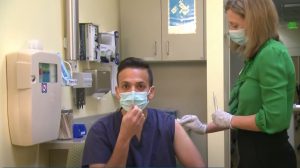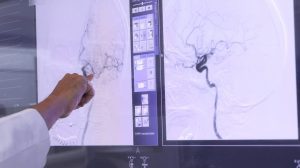NEW YORK (Reuters Health) – Children under 6 years of age who unwittingly ingest a sulfonylurea may not exhibit symptoms of hypoglycemia for up to 18 hours if food is unrestricted, according to data from the California Poison Control System reported in the June issue of Pediatrics.
“We believe that the common 8-hour observation rule allowing free access to food is unreliable and recommend 24-hour or overnight hospital admission for pediatric sulfonylurea exposures,” the authors advise.
They point out that in suspected cases of pediatric sulfonylurea poisoning, observation and glucose monitoring for 8 hours is commonly recommended, without supplemental IV glucose but with free access to food. This approach assumes that food will not mask drug-induced hypoglycemia while IV glucose will, but that is controversial.
To look into the effects of pediatric sulfonylurea poisoning and time of onset of hypoglycemia, Dr. Derrick Lung, at the University of California, San Francisco, and colleagues retrospectively analyzed data on 1943 such cases in children under 6 seen over an 8-year period.
Hypoglycemia occurred in 300 instances. The researchers found it “noteworthy” that 251of these children were otherwise asymptomatic. Serious effects were rare. Only five children experienced seizures, all of which occurred before presenting to a healthcare facility.
Information on time of onset of hypoglycemia was available in 221 of the 300 cases.
“The mean time to onset of hypoglycemia in patients not given any prophylaxis was 2.0 hours, with a range of 0.5 to 7 hours,” Dr. Lung and colleagues found. When patients were given prophylactic food, the mean time to onset was 5.9 hours; it was 5.7 hours with intravenous glucose, and 8.9 hours when both food and intravenous glucose were given. Onset time ranged from 1 to 18 hours in these cases.
The team therefore concludes that an 8-hour observation period allowing free access to food does not reliably rule out hypoglycemia.
They recommend 24-hour or overnight hospital admission, during which food should not be withheld. “We do not believe there is a ‘fasting trial’ that would be both practical and able to reliably provide a safe disposition,” the authors comment.
Reference:
Hypoglycemia in Pediatric Sulfonylurea Poisoning: An 8-Year Poison Center Retrospective Study
Pediatrics 2011;127:e1558-e1564.




